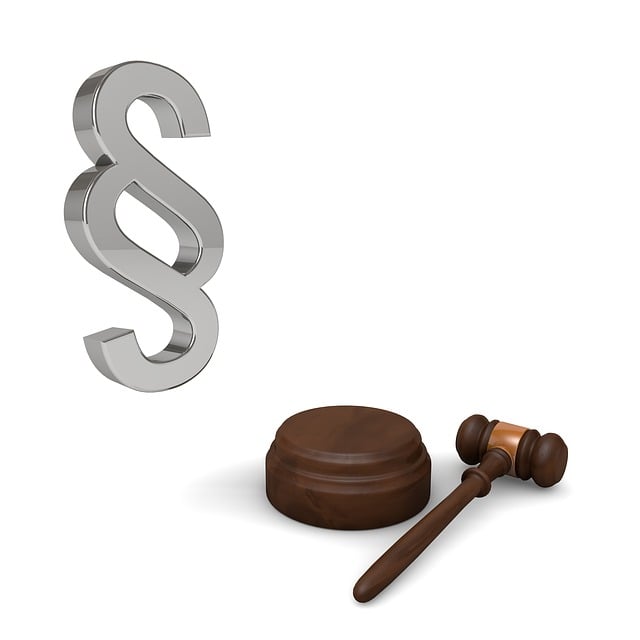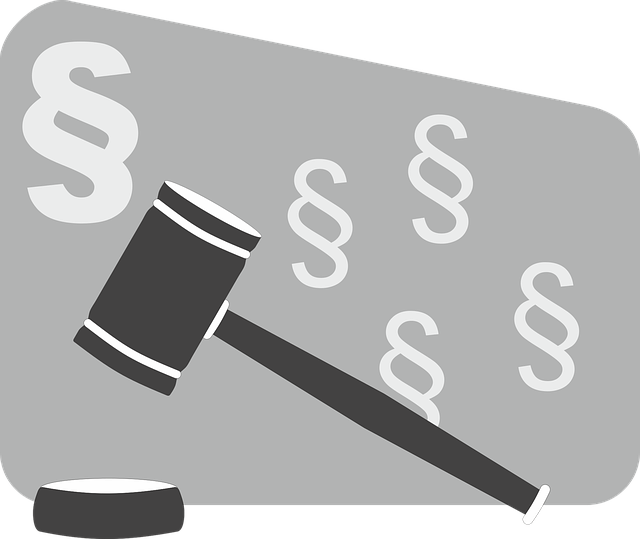Consumer protection laws are crucial for maintaining market integrity, covering areas like product safety, advertising transparency, and data privacy. To navigate environmental regulation litigation effectively, businesses must understand their obligations, implement robust internal controls, and develop compliance strategies. Common grounds for consumer protection suits include deceptive practices like false advertising, unfair pricing, and non-disclosure of material information. The process involves evidence gathering, violation identification, filing complaints, and negotiating through trials or mediations within regulatory frameworks. Building a strong case requires strategic documentation gathering, crafting persuasive legal arguments based on environmental regulations, and linking violations directly to damages with expert testimony. By combining robust evidence and solid legal strategies, plaintiffs can achieve favorable outcomes in complex litigation.
Consumer protection suits play a vital role in ensuring businesses uphold ethical standards and safeguard consumers’ rights. This article guides you through the intricate world of consumer protection laws, their broad reach, and common grounds for legal action. We’ll explore the step-by-step process of environmental regulations litigation, offering insights into building a robust case with strong evidence and legal arguments. By understanding these key aspects, you’ll gain valuable knowledge on How to Navigate Consumer Protection Lawsuits.
- Understanding Consumer Protection Laws and Their Reach
- Common Grounds for Filing a Consumer Protection Suit
- Navigating the Legal Process: Steps Involved in Litigation
- Strategies to Build a Strong Case: Evidence and Legal Arguments
Understanding Consumer Protection Laws and Their Reach
Consumer protection laws are designed to safeguard individuals from unfair business practices and ensure market integrity. These regulations cover a wide range of activities, from product safety standards to advertising transparency and data privacy. Understanding these laws is essential for both consumers and businesses, especially when navigating complex litigation scenarios, such as environmental regulation cases.
In the realm of consumer protection suits, businesses must be aware of their obligations at every stage of the investigative and enforcement process. A comprehensive grasp of these regulations can help in developing robust internal controls and compliance strategies, which are crucial elements of a successful white-collar defense mechanism. By adhering to general criminal defense principles, companies can mitigate risks, ensure ethical operations, and protect themselves from costly legal battles that may arise from environmental regulation violations.
Common Grounds for Filing a Consumer Protection Suit
When considering whether to file a consumer protection suit, it’s crucial to understand the common grounds that drive such legal actions. Typically, these suits arise from instances where businesses engage in deceptive, misleading, or unconscionable practices targeting consumers. This can encompass a wide range of behaviors, from false advertising and unfair pricing to the non-disclosure of material information or the failure to honor product warranties.
Navigating environmental regulations litigation often falls under this umbrella, as companies may attempt to skirt responsibility for damage caused by their products or operations. For his clients, securing winning challenging defense verdicts in such cases is paramount. Ultimately, consumer protection laws are designed to empower individuals and ensure they receive fair treatment in the marketplace, providing a legal framework to seek complete dismissal of all charges when businesses transgress these boundaries.
Navigating the Legal Process: Steps Involved in Litigation
Navigating the legal process for consumer protection suits requires a structured approach to ensure a robust case. The first step is to identify the violation and gather evidence, including documents, witness statements, and any relevant data that supports the claim against the respective business. This initial phase is critical as it forms the foundation for the entire litigation process.
Once the preparation is complete, the next steps involve filing a complaint with the appropriate regulatory body or court, initiating all stages of the investigative and enforcement process. This may include negotiations, mediations, or, in more complex cases, jury trials. Understanding how to navigate environmental regulations litigation is key to ensuring the rights of consumers are protected effectively.
Strategies to Build a Strong Case: Evidence and Legal Arguments
Building a robust case for consumer protection suits involves meticulous strategies to compile compelling evidence and craft persuasive legal arguments. The first step is to gather thorough documentation, including contracts, communications, financial records, and any other relevant documents that highlight the violation of consumer rights. This process requires a systematic approach to ensure all evidence is properly authenticated and admissible. Legal experts emphasize the importance of understanding how different pieces of evidence fit within the overall narrative, creating a clear and coherent presentation for both settlement negotiations and potential jury trials.
Moreover, crafting compelling legal arguments demands a deep understanding of applicable laws and regulations, including navigating complex environmental litigation scenarios. Effective advocacy involves interpreting regulatory requirements to demonstrate that defendants failed to comply with relevant standards, leading to consumer harm. Successful cases often hinge on establishing direct links between violations and resultant damages, which requires sophisticated analysis and expert testimony in some instances. By combining solid evidence with robust legal arguments, plaintiffs can enhance their chances of securing favorable outcomes, including winning challenging defense verdicts, especially when backed by a comprehensive general criminal defense strategy.
Understanding consumer protection laws is crucial for both businesses and consumers. By recognizing common grounds for filing suits, you can navigate the legal process effectively. Knowing the steps involved in litigation and employing strong evidence and legal arguments are key strategies to building a compelling case. Armed with this knowledge, individuals can protect their rights and ensure businesses adhere to environmental regulations, fostering a more transparent and accountable marketplace.






